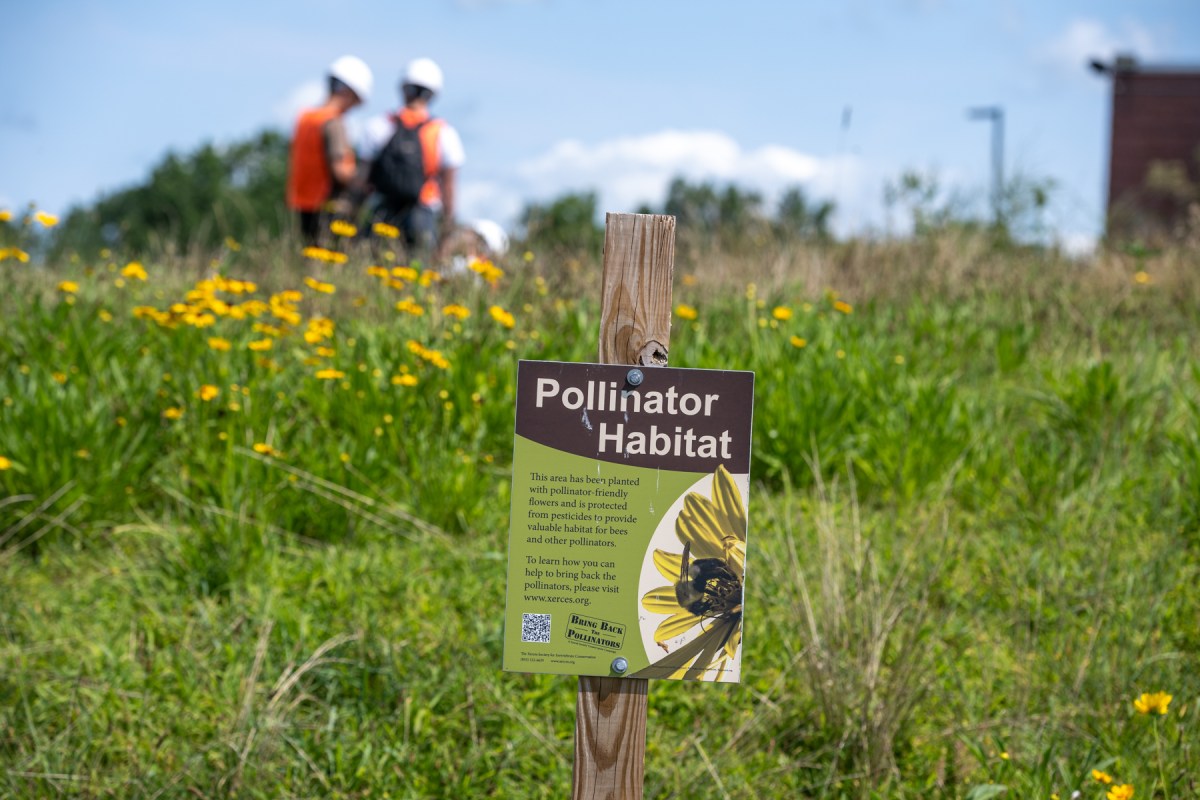KANDAHAR, Afghanistan – Taliban militants chose to stand and fight Tuesday, unleashing an ambush that killed a Canadian medic on a goodwill patrol in a hotly contested district west of Kandahar.
Cpl. Michael Starker, of the 15th Field Ambulance Regiment, was pronounced dead in a military hospital after his Civil-Military Co-operation team (CIMIC) patrol came under fire in the Pashmul region of Zhari district, about 25 kilometres outside the city.
A second, unidentified soldier was wounded. He is reported to be in stable condition, and well enough to be able to call his family at home.
Starker was born and raised in Calgary, where he worked as a paramedic for three years, the city’s EMS chief told reporters late Tuesday.
Tom Sampson said Starker, one of two Calgary paramedics serving in Afghanistan, was the type of person who would always help those in need.
“He certainly served his duty helping Calgarians here and I think he went to help there. And it’s such a shame that he should die while trying to help like that.”
Starker was married but had no children. He becomes the 83rd soldier to die in Afghanistan since the fall of the Taliban in 2001.
A member of Starker’s family in Calgary said Tuesday that the soldier’s father didn’t want to speak publicly, preferring all information on his son’s death to come from the military.
“We have lost a fine soldier today and our thoughts are with his family and friends,” Brig,-Gen. Guy Laroche, the commander of Canadian troops in Afghanistan, told reporters at nearby Kandahar Airfield.
“He died helping Afghans build a better future for themselves and their children. His dedication and sacrifice will not be forgotten.”
Civilian-military teams have become a signature part of Canada’s Afghan mission.
Select soldiers, usually reservists, try to build bridges of understanding between an army that sometimes has trouble comprehending the needs of villages and local Afghans, who are suspicious of any soldiers after three decades of conflict.
“The aim of the patrol was to show their presence, interact with the local population and discuss the development needs of the community,” said Laroche about Tuesday’s ambush.
The war has taken a harsh toll on these specialists, who travel village to village talking to elders and bringing their concerns back to local army commanders.
Lt. Bill Turner, a reservist and mailman from Edmonton, was killed in a roadside bomb attack in April 2006. One month before that, Capt. Trevor Greene was severely injured in an axe attack during a community meeting in Shinkay, Afghanistan.
The latest attack comes as NATO forces throughout southern Afghanistan are bracing for the anticipated surge in violence that usually accompanies the end of the poppy harvest.
While too soon to say whether the ambush heralds a shift in Taliban tactics, it is unusual for the fact that militants had previously preferred improvised explosives, or roadside bombs or mortars to carry out their attacks. Those so-called standoff weapons don’t risk a direct confrontation with the better armed and better trained Canadians.
There have been ambushes on foot patrols, but rarely deaths.
It’s been almost 20 months since the last time a Canadian soldier was shot and killed in an up-close confrontation with insurgents, according to records on the National Defence website.
Sgt. Darcy Tedford and Pte. Blake Williamson, of Charles Company 1st Battalion Royal Canadian Regiment, were killed in an insurgent attack on Oct. 16, 2006, during a volley of rocket-propelled grenades and gunfire. They had been defending a road construction project in the same general area of Pashmul.
The arid swath of farming country west of Kandahar has been a hotly contested region since Canadian troops deployed in Kandahar more than two years ago. On more than one occasion commanders have declared the area pacified, only to have insurgents sneak back to plant bombs or take potshots at soldiers.
The fact the soldiers could walk through the area and interact with the locals was a hopeful sign and Canadian troops won’t be deterred, said LaRoche.
“The intent was to exchange with the population – something we could not do last year,” he said. “We will maintain our presence there as long as we need to do so.”
Prime Minister Stephen Harper issued a statement Tuesday offering condolences to Starker’s family and friends.
“Corporal Starker made the ultimate sacrifice and his efforts will remain a source of pride for all Canadians,” Harper said.
















